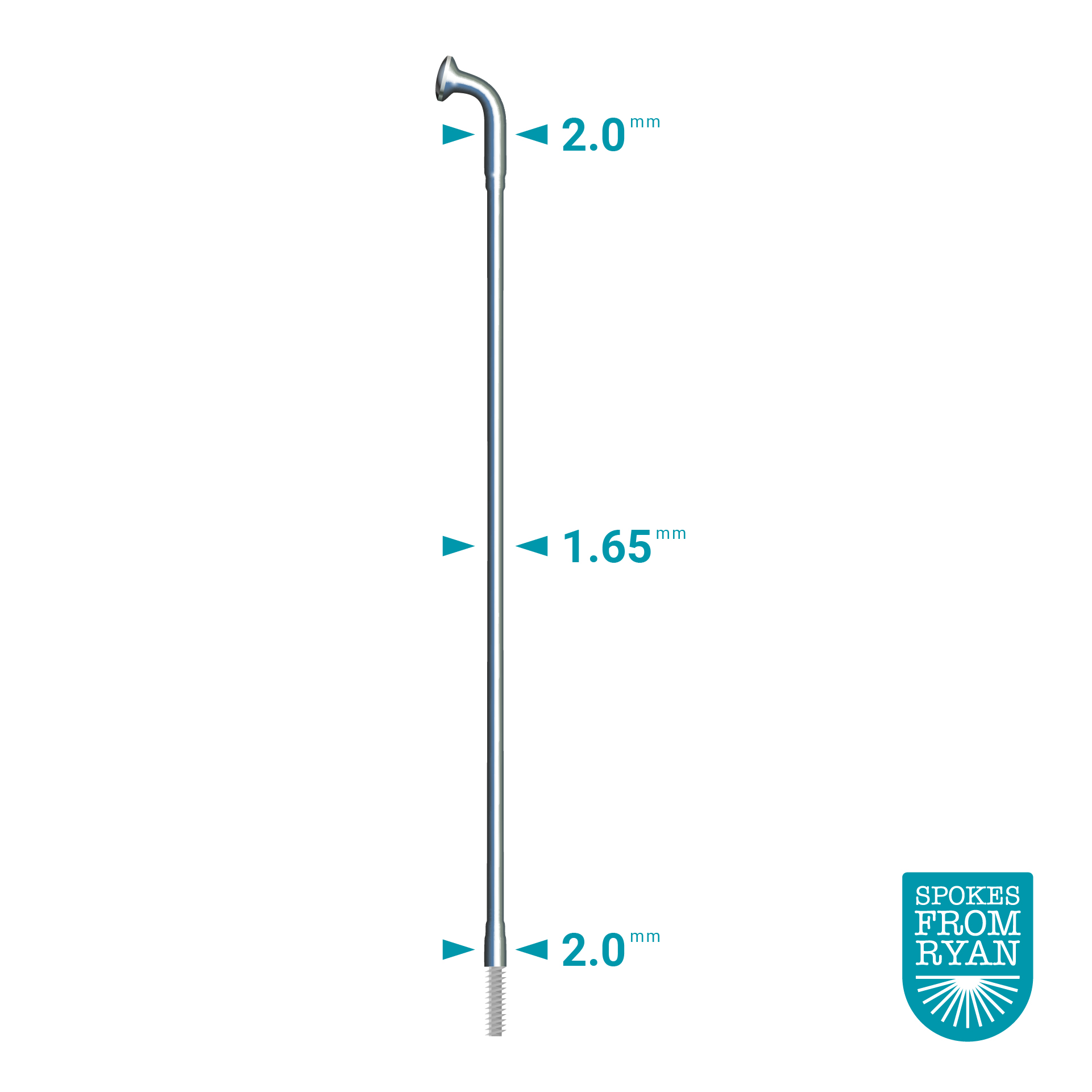Just broken my first ebike spoke on my rear hub motor wheel.
It occurs to me that rear wheel spokes must me under greater stress due to the motor effect (as apposed to my previous crank drive bike which did not suffer any spoke issues)
Whilst discussing this with an ebike company owner, he commented, after looking at the bike, that the spokes were not heavy duty enough to cope with the motor (he thought they were standard guage, and the same guage as the front)
Many years ago I rebuilt 2 wheels on my old town bike, which I did well and the spokes remained good and tight for years with no breaks. I think all the spokes on all my subsequent bikes were nowhere near as tightly installed.
I recall reading that one reason that spokes break adjacent to the hub of whatever type (which mine has just done) is that the holes in the flange are not properly drilled out to accomodate the curve in the end of the spoke. I wonder if this contributed to my break?
I weight 94 kgs by the way
Comments/advice anyone? In particular is it worth the trouble of having the wheel respoked?
It occurs to me that rear wheel spokes must me under greater stress due to the motor effect (as apposed to my previous crank drive bike which did not suffer any spoke issues)
Whilst discussing this with an ebike company owner, he commented, after looking at the bike, that the spokes were not heavy duty enough to cope with the motor (he thought they were standard guage, and the same guage as the front)
Many years ago I rebuilt 2 wheels on my old town bike, which I did well and the spokes remained good and tight for years with no breaks. I think all the spokes on all my subsequent bikes were nowhere near as tightly installed.
I recall reading that one reason that spokes break adjacent to the hub of whatever type (which mine has just done) is that the holes in the flange are not properly drilled out to accomodate the curve in the end of the spoke. I wonder if this contributed to my break?
I weight 94 kgs by the way
Comments/advice anyone? In particular is it worth the trouble of having the wheel respoked?










